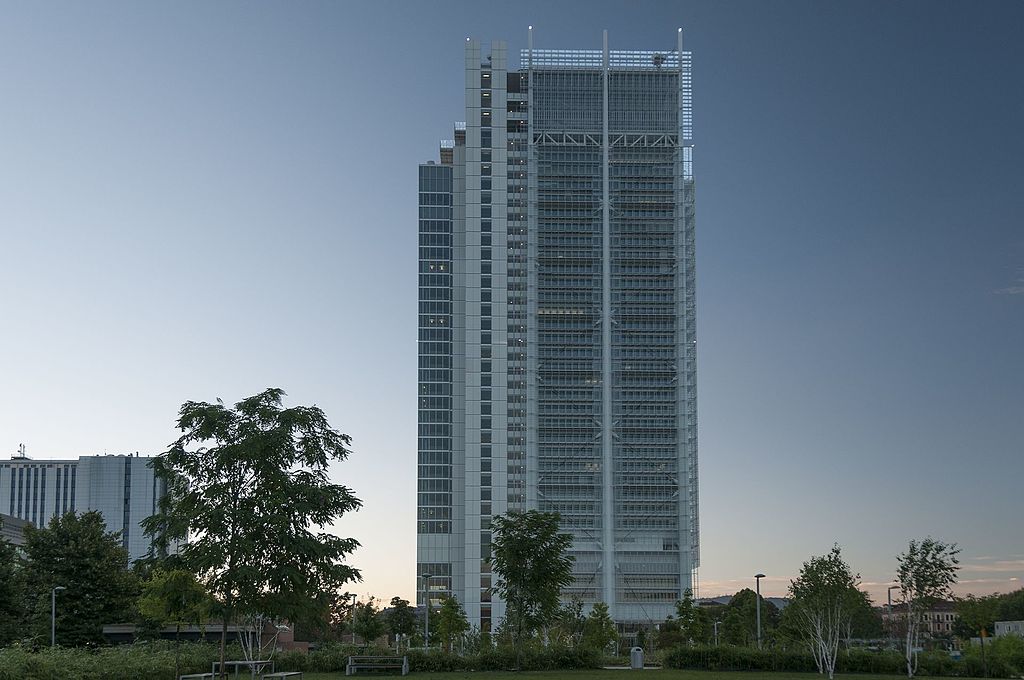
Italian banking giant Intesa Sanpaolo announced that it has secured approval from local authorities in Sydney, Australia, to transform its representative office into a full-fledged operational branch.
As per Intesa Sanpaolo, the transformation is in-line with its strategy to strengthen its international network and consolidate its presence in the Asia-Pacific region.
The opening of the branch is expected to strengthen the bank’s IMI corporate & investment banking division, which now includes hub branches, 11 operational branches, 9 representative offices and 4 corporate banks across 25 countries worldwide.
Intesa Sanpaolo IMI corporate & investment banking division head Mauro Micillo said: “The opening of the Sydney branch is a truly important step in our international development plan, and significantly strengthens Intesa Sanpaolo’s presence in the Asia-Pacific region.
“The new branch will allow us to support Italian companies even better in their internationalisation efforts; it will also intensify our support to the main local and international operators on the Australian market given the important projects that are in progress to strengthen infrastructure and development opportunities in the country’s main industrial sectors.”
The new branch is expected to become fully operational in the first quarter of this year.
The bank said that the Sydney branch will flank the Shanghai, Singapore and Tokyo branches and will be supervised by the Hong Kong Hub.
Intesa Sanpaolo IMI corporate & investment banking division international department head Gianluca Cugno said: “Australia is one of the most attractive international markets for Italian businesses, which have been seizing this opportunity for some time, as shown by the solid trade figures between the two countries and being the only Italian bank with a branch in Australia delivers a distinct value within our global development strategy.”
Last month, the bank had signed agreements with Italian telecom giant TIM and Google to establish two new Google Cloud Regions in Turin and Milan, Italy.
The final agreements follow the memorandum of understanding (MoU) signed by the three organisations last May.






